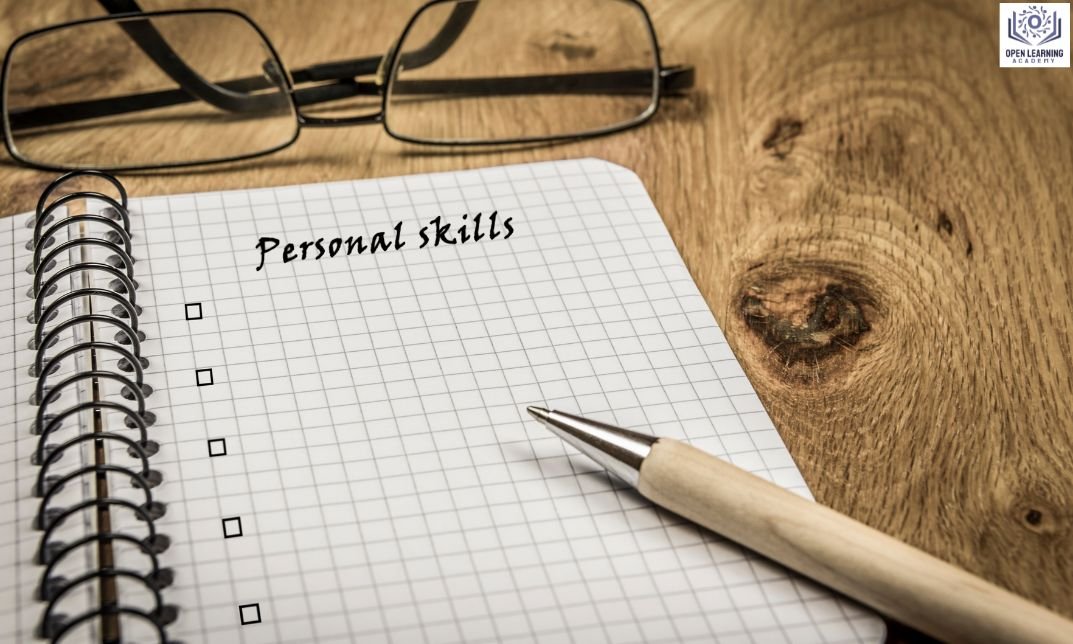No products in the cart.
What makes it so hard for some people to pick up on social cues, handle stress, or build meaningful relationships? Emotional intelligence (EI) is a key skill that affects our ability to understand and manage emotions, both in ourselves and in others. When emotional intelligence is low, it can lead to behaviours that disrupt personal and professional relationships. In this blog, we’ll explore the signs of low emotional intelligence through common behaviours.
What Is Emotional Intelligence?
Emotional intelligence (EI) is the ability to recognise, understand, and manage your own emotions while empathising with others. It involves being aware of how your emotions influence your actions, controlling emotional reactions, understanding others’ feelings, and effectively managing relationships. When someone lacks EI, they often struggle with these aspects, which, as a result, can make social and emotional connections more difficult. Therefore, developing emotional intelligence is essential for building stronger, healthier relationships.

What Are the Signs of Low Emotional Intelligence?
Here are some of the most common signs of low emotional intelligence, along with explanations of how they can manifest:
They Always Need to Be ‘Right’
A clear sign of low emotional intelligence is when someone can’t admit they’re wrong. People with low EI often feel the need to win every argument or prove their point, even if it pushes others away. As a result, they may create tension in conversations.
This need usually comes from feeling insecure about themselves. They might see admitting a mistake as a weakness rather than a chance to learn and grow. Therefore, this attitude makes it harder to have productive discussions and solve problems, especially in group situations.
They Ignore the Emotions of Others
People with low emotional intelligence often don’t recognise how others are feeling. As a result, they might not realise when someone is upset, frustrated, or uncomfortable. For example, they may continue arguing without noticing that the other person feels hurt or overwhelmed. This lack of awareness, therefore, can harm relationships because it shows they aren’t paying attention to or caring about others’ emotions.
They Act Without Sensitivity
Another sign of low emotional intelligence is behaving insensitively. People with low EI might make inappropriate jokes, give harsh criticism, or speak too directly without considering how their words could hurt someone. These actions often come from a lack of empathy. Although they may not mean to hurt anyone, their inability to understand the emotional impact of what they say can create tension or cause harm.
They Blame Others for Their Problems
People with low emotional intelligence often have a hard time taking responsibility for their actions and instead, point the finger at others. They tend to see themselves as the victim in situations and struggle to recognise how they might have played a part in creating or making a problem worse.
This way of thinking makes it difficult for them to learn from their mistakes or grow. Over time, it can damage trust in relationships, as others might start to feel they can’t rely on them or that they’re unwilling to take accountability for their actions.
They Lack Effective Coping Skills
People with low emotional intelligence often find it hard to handle stress or setbacks. Instead of staying calm, they might overreact, avoid facing the problem, or cope in unhealthy ways like getting angry or withdrawing. This makes tough situations even harder to deal with and can affect their own well-being, as well as the people around them. It’s like they’re stuck in a cycle that makes everything feel more overwhelming.
They Frequently Lose Emotional Control
People with low emotional intelligence often have emotional outbursts. They might shout, slam doors, or overreact to small problems. This happens because they struggle to understand or control their emotions. As a result, their outbursts can harm relationships and make others feel uncomfortable or reluctant to interact.
They Struggle with Relationships
People with low emotional intelligence often find it hard to build lasting connections. They may struggle to understand how others feel or have difficulty communicating. Sometimes, they focus more on their own emotions and forget to consider the needs of the people around them.
As a result, their relationships can feel tense or short-lived. This can make them come across as self-centred or distant, which only adds to their sense of loneliness.
They Turn Conversations Toward Themselves
People with low emotional intelligence often steer conversations back to their experiences or feelings. They may not realise it, but this habit can make them seem uninterested in what others are saying.
For example, imagine someone sharing a proud moment, like getting promoted. Instead of celebrating with them, the person might immediately jump in with a story about their own achievement. Over time, this kind of response can leave others feeling unimportant or brushed aside, which hurts connections.

Conclusion
Noticing the signs of low emotional intelligence can give you insight into why someone might behave in certain ways. At the same time, it can also help you see areas where you might want to grow.
The good news is that emotional intelligence isn’t something you’re stuck with—it’s a skill anyone can develop. By being more aware of your feelings, learning to see things from other people’s perspectives, and improving how you communicate, you can create stronger, healthier relationships. Start by taking a moment to reflect on your own actions and look for small ways to improve. Over time, even little changes can lead to big, meaningful growth.
Ready to improve your emotional intelligence? Enrol in Open Learning Academy’s Emotional Intelligence Course today and start your journey towards personal and professional growth!




